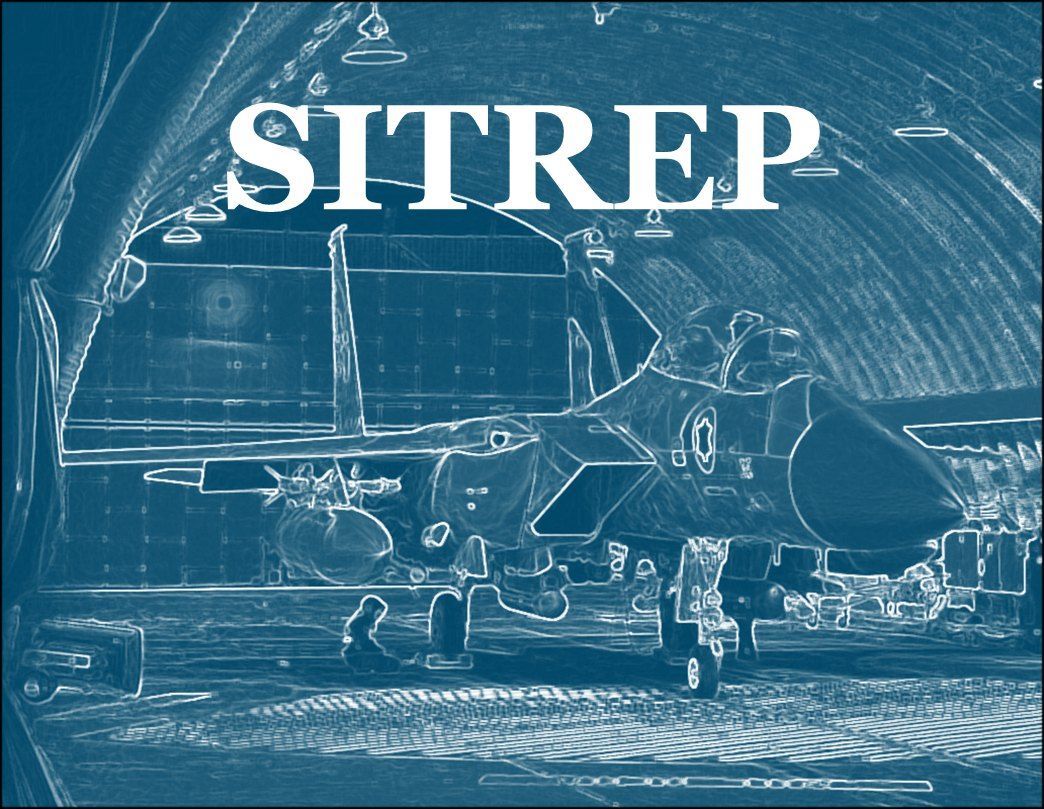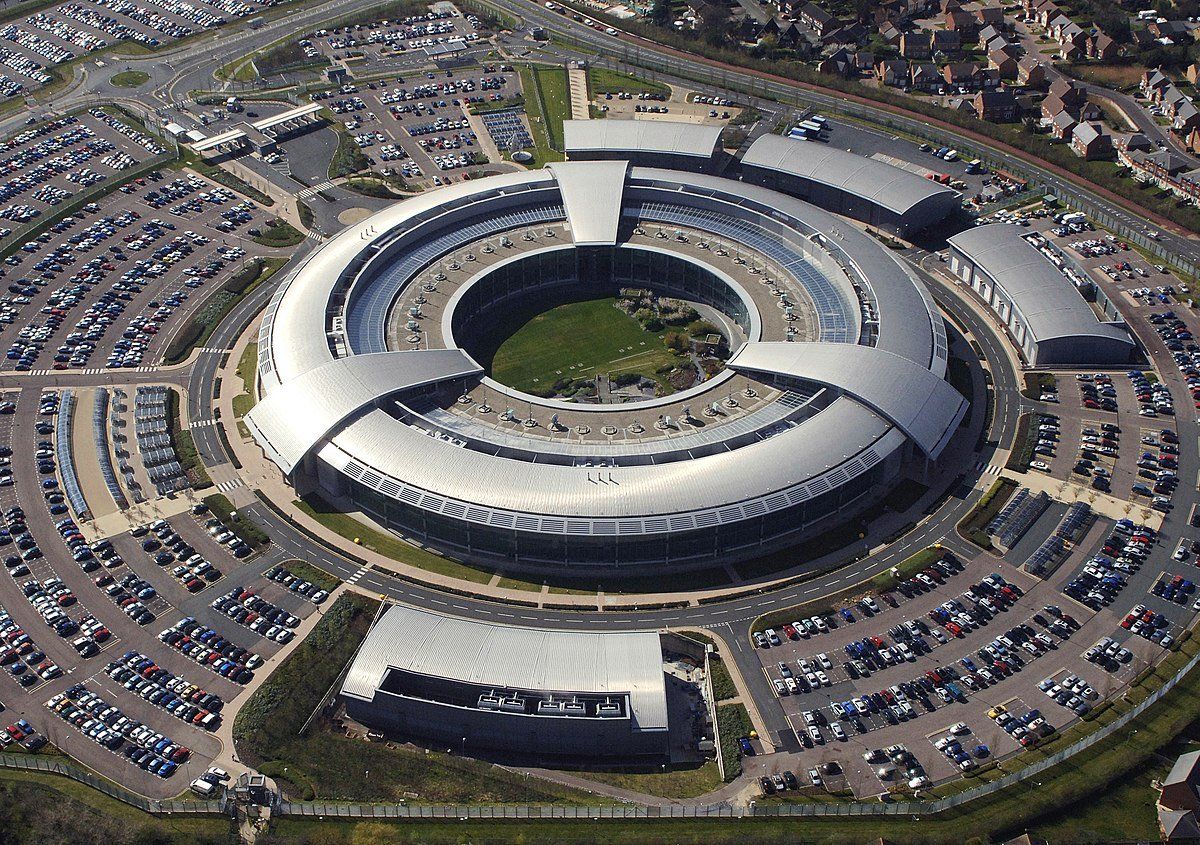22 May 2023
As the world order shifts towards multipolarity and the Polar ice caps continue to melt, the Arctic could become an increasingly important geostrategic space.
As the world order shifts to multipolarity, new arenas of geostrategic competition between state actors will determine regional and global balances of power. As climate change continues to precipitate the thinning of polar ice, new shipping routes are becoming available in the Arctic. The existence of fossil fuels and mineral resources in the Arctic further adds to the potential geostrategic importance of the region. As the consequences of multipolarity and great power competition increasingly manifest on the world stage – with the war in Ukraine, uncertainty surrounding the petrodollar, and the growing clout of the BRICS all being prominent examples – it is increasingly important that appropriate attention is paid to the geostrategic importance of the northernmost part of the globe.
In the Arctic, harsh climate conditions make cooperation a must for scientific exploration and survival in itself, and although the melting of its ice poses a threat in the long term, control and commerce in the Arctic has seen a 25% increase in marine traffic between 2013 and 2019. The Northern Sea route is becoming viable for longer summers, halving distances compared to the traditional Shanghai-Mediterranean route through the Suez Canal, which is still a key trade route for international commerce. The Suez incident in 2021 saw the Ever Given stuck in the narrow strait and exposed just how dependent Western supply chains are on the single route, disrupting a third of global rice and grain trade for two weeks. As during a similar moment of multipolar competition that pushed the Dutch North due to disruption and piracy, powers turn to the extreme corners of the globe in light of technological advance driven by warfare and changing conditions. The warming climate is bound to make resources more readily available due to melting ice as well as allow for trade to continue for longer. The great fossil-rich Arctic states such as Russia, Canada, Norway, and the USA are involved in a multilateral game where they have the ability to somewhat control the rate and severity of the melt, which may in turn affect the coming struggle for the region, cementing positions of power or potentially overturning them in the long run, for example in the case of an unexpectedly rapid melt.
Over half of the coastline of the Arctic Sea is in Russia, and nearly half of the Arctic population is Russian. The nation has long paid attention to the demographic and infrastructural developments of its icy frontier — from the tzar to Stalin, the industrial potential of Siberia has not escaped the Kremlin's attention. And, coming into the multipolar world, Russia is trying to fully take advantage of special international laws regulating the Arctic, such as the 200-mile national waters, exclusive economic zones (EEZs), as well as peculiar laws. Russia has been extracting fuel from its Arctic land and waters: international law allows it, in contrast to laws on the Antarctic. Canada and Greenland (owned by Denmark) have designated vast areas as natural reserves, and Canada is increasing its use of renewable and nuclear power, but this may be dictated by different long-term strategies for the region rather than merely an environmentally friendly ideal. While Russia still has a demographic issue, and has been on the defensive with a series of pro-family policies, Canada is one of the few countries in the world which has seen a rise in births during COVID within a broader trend, as well as having the largest freshwater reserve in the world and plenty of untapped mineral resources. The USA is also a key player in the region, and the recent balloon incident highlighted that the Arctic region is an open flank of the USA, when it floated undisturbed through Canada, and was allegedly stationed in North America for weeks.
In this broader climate, international diplomacy in the Arctic region has stalled since the beginning of the war. The Arctic Council is the cooperation body, representing the Arctic countries with other countries as observers only, instituted in 1996. A two-year rotational Chair of the Council leads the discussions. Russia has been chairing the Arctic Council since 2021— but Western countries have taken a break from engaging with the Council’s discussions since beginning of the war in Ukraine. This reinforces the view of so many countries that international law has stopped mattering much, and that multilateral diplomacy has essentially stalled between the West and the rest. Russia was in 2007, at least formally, going through international channels with a submarine expedition that planted a flag and collected samples to claim parts of the Arctic Sea, sparking a controversy with Canada. That very same Russia might well decide to play tit-for-tat in this region as well, perhaps with BRICS on its side. And other countries, such as China — whose investments in Siberia have stalled for over a decade in fear of economic sanctions — will certainly see this as an opportunity. With American and Scandinavian ships free to navigate close to Russia’s coastline, but not through economic zones, the Arctic might see an enclosure movement and tensions like the ones in the Indo-Pacific.
What is the future of the Arctic Council? It was supposed to be an arena for global dialogue with no geopolitical ends, but in 2019, Mike Pompeo announced that times had changed, and alluded to ‘the increased presence and ambitions of non-Arctic nations in the region’. In what was perhaps foreshadowing a gradual breakdown in cordial relations at the Arctic Council, Pompeo also criticised China for having caused ‘environmental destruction’. The Arctic poses a cooperation challenge unlike any other. Will the ice melt and rising sea levels determine the end of history as we know it? While Scotland puts a stop to fracking off its coasts and Canada makes large areas into natural reserves, Scandinavia is becoming the focus of much fossil exploration and Russia pushes for higher prices on its raw material exports, while it builds military and extraction capacity in the region. Will it violently be pulled into European history when its winters become milder or is the current war a bid for more breathing space in anticipation Although it is estimated that 80% of the ice on the most travelled route, the Northwest, could melt by 2050, studies have shown that the main culprit are specific chemicals that cause holes in the ozone layer, and a recent international ban is an unprecedented step forward. While the war on greenhouse gases depends too heavily on the extraction of rare minerals and the era of plastic convenience; this may be one of the few topics on which many countries have an interest in dealing with, as the pace of the ice melt can affect the outcome of the struggle for the Arctic.











